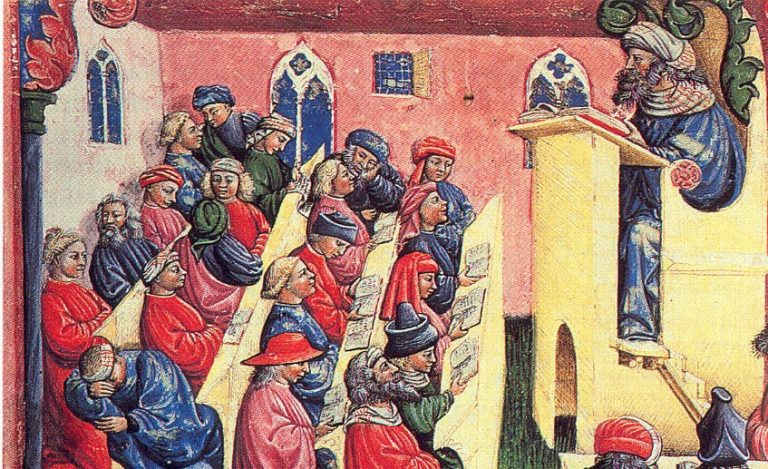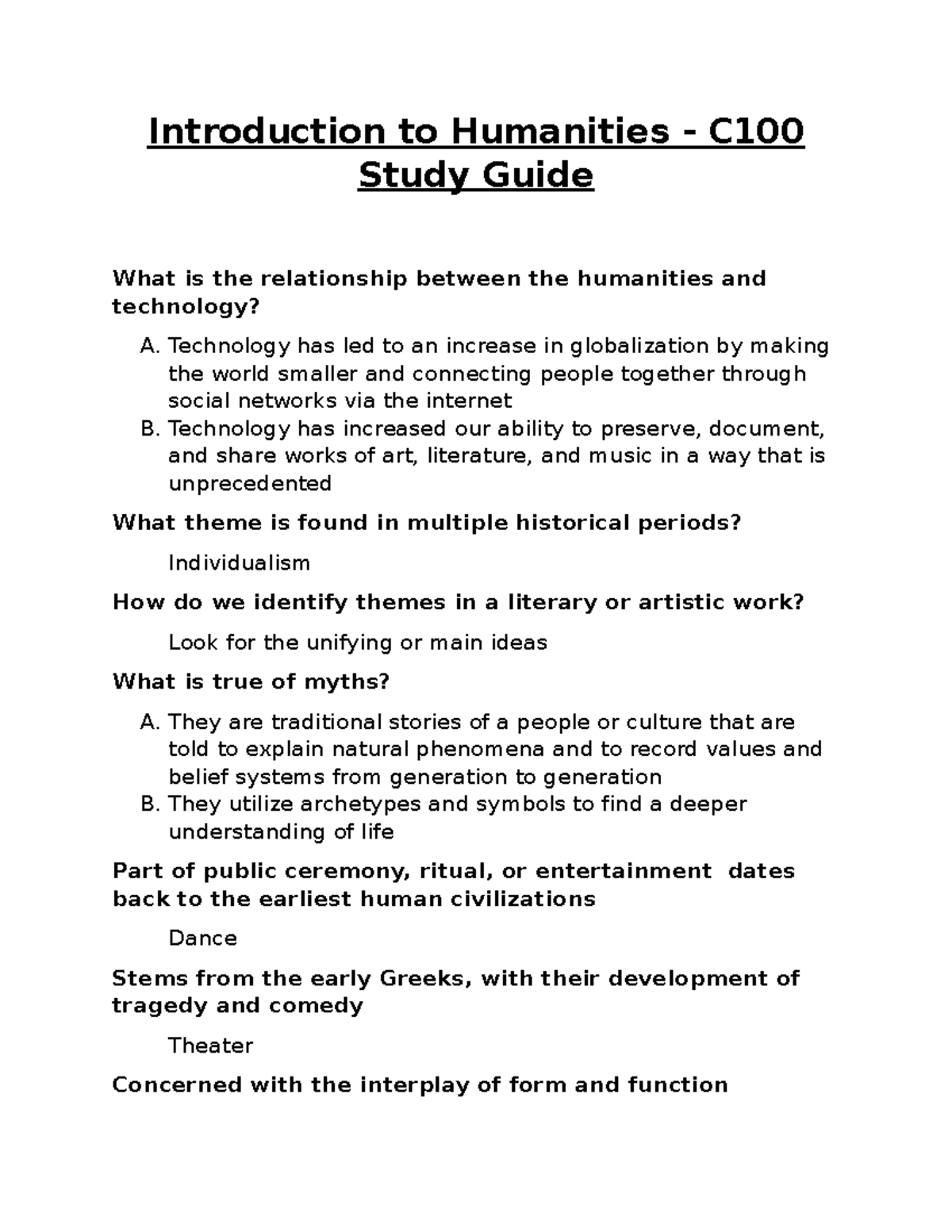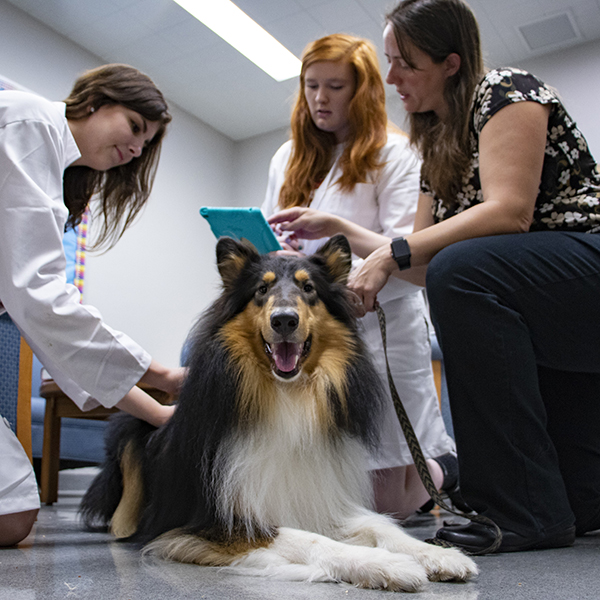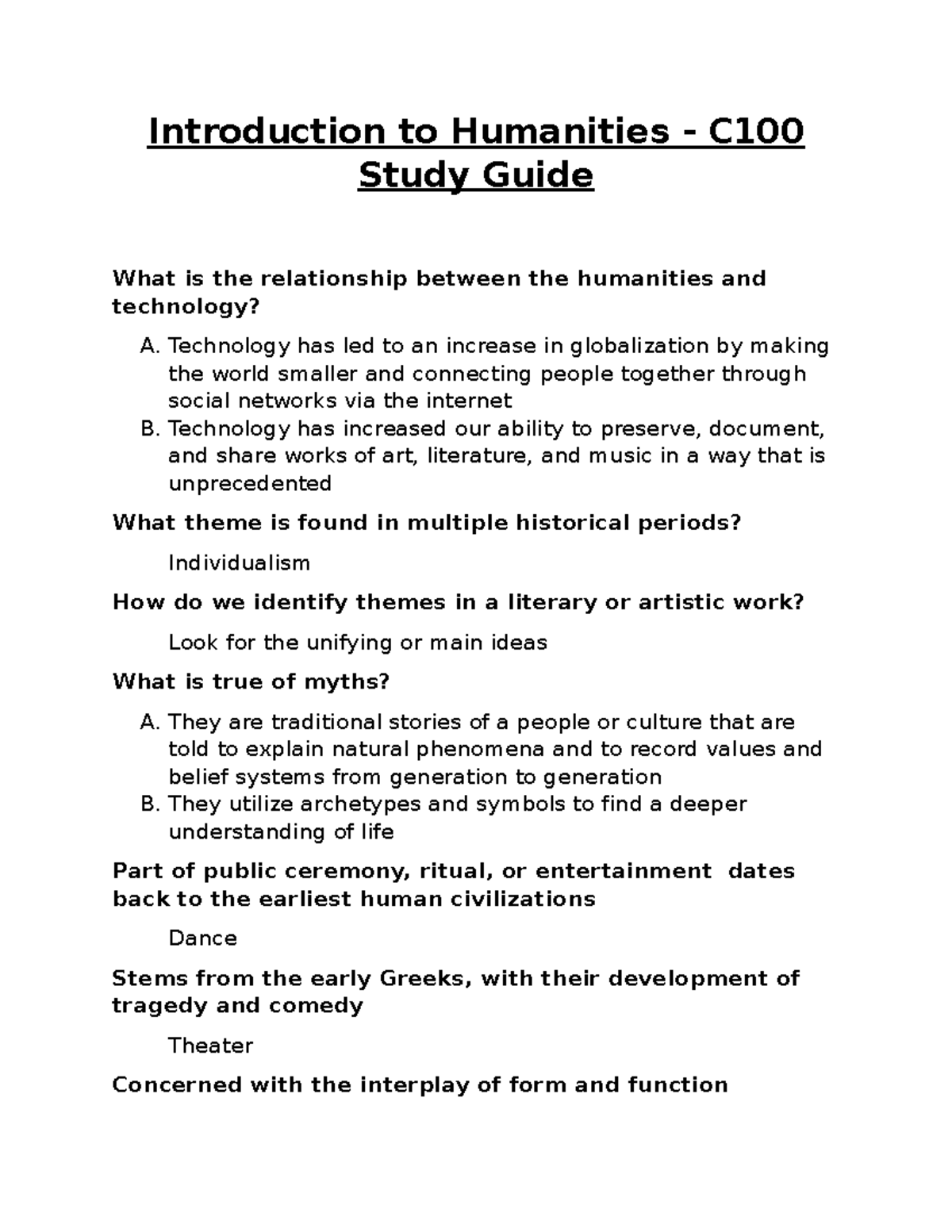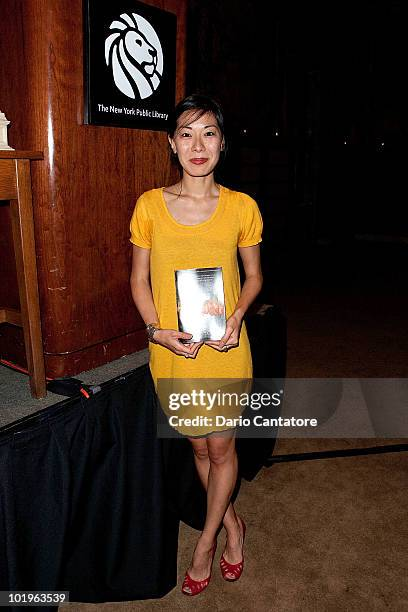The Medieval Studies Conference stands as a vibrant testament to the rich tapestry of medieval scholarship, uniting scholars and enthusiasts from around the globe. Hosted by the prestigious Harvard Medieval Academy, this centennial gathering welcomed over 800 academics in Harvard Yard, where the interdisciplinary nature of medieval studies was on full display. Participants engaged in thought-provoking workshops and dynamic presentations that spanned topics from Chaucer’s literary influence to the intricate trade agreements of Venice. By fostering dialogue on global medievalism, the conference illuminated the evolving landscape of interdisciplinary medieval research. As the medieval studies community reflects on its past, the future of this field looks bright and promising, inviting diverse perspectives and innovative inquiries into centuries-old narratives.
The latest gathering dedicated to the study of the medieval period serves as a crucial junction for scholars to explore various aspects of this captivating era. The convergence of researchers from diverse disciplines allows for a multifaceted approach to understanding the complexities of medieval life and literature. Focus areas range from the influential works of Chaucer to the nuances of trade practices in different regions, thus encompassing a wide spectrum of medieval existence. This event also emphasizes the importance of a global approach, considering medieval experiences from the Mediterranean to the Islamic world. The conference ultimately showcases how scholars are keen to reinterpret and recontextualize medieval history in a contemporary framework.
The Evolution of Medieval Studies Over a Century
For over a hundred years, the Medieval Academy of America has served as a central hub for the study of medieval literature, history, and culture. The recent Medieval Studies Conference held at Harvard Yard celebrated this century-long legacy, bringing together scholars from around the globe to discuss the latest research and developments in the field. This vibrant exchange of ideas has been instrumental in the evolution of medieval studies, showcasing how the discipline has expanded beyond traditional boundaries to incorporate interdisciplinary approaches.
Sean Gilsdorf, the administrative director of the Committee on Medieval Studies, emphasized the importance of reflecting on the past while also looking ahead. At the conference, participants examined how historical moments shape the future of scholarship. Attendees were not only engaging with foundational texts but also innovating in areas like global medievalism, as research began to span multiple regions and cultures beyond Europe, enhancing our understanding of medievalism in a broader context.
Interdisciplinary Approaches in Medieval Research
The recent Medieval Studies Conference exemplified the interdisciplinary nature of contemporary medieval research, emphasizing dialogue across disciplines such as literature, history, religion, and cultural studies. Presenters shared insights on diverse topics, from medieval trade in Venice to the cultural significance of festivals in ancient Ireland. This diversity of subjects showcases how scholars are drawing connections between seemingly disparate areas, thus enriching the tapestry of medieval studies.
Attendees reported that the interdisciplinary focus not only sparked stimulating discussions but also challenged existing paradigms within the field. As Ph.D. candidates like Elena Shadrina presented on medieval trade agreements, it became clear that understanding the socio-economic factors of the past requires an amalgamation of various scholarly perspectives, thereby fostering a more nuanced comprehension of medieval societies.
This interdisciplinary approach directly mirrors the realities of the modern academic landscape, where collaboration across fields can lead to innovative scholarship. By merging insights from different disciplines, scholars can tackle complex questions regarding medieval lives and legacies, allowing for a richer and more comprehensive study of our shared history.
Chaucer and Misinformation: A Timeless Paradox
Geoffrey Chaucer, a cornerstone of medieval literature, explored themes of truth and misinformation more than six centuries ago. In his work “The House of Fame,” Chaucer delves into the complexities of rumor and fame, issues that resonate powerfully in today’s digital age. This connection was highlighted at the Medieval Studies Conference by Fernanda García-Oteyza, who articulated parallels between Chaucer’s concerns and contemporary narratives surrounding the influence of social media on truth.
García-Oteyza’s exploration of Chaucer’s literary influence sheds light on how historical texts can illuminate current issues. By examining the dynamics of authority in both Chaucer’s and modern narratives like Patricia Lockwood’s “No One Is Talking About This,” scholars engage in critical discussions that reflect the timeless struggle between reality and perception — an essential dialogue for both medievalists and modern readers.
Global Medievalism: A Broader Perspective
The Medieval Studies Conference provided a platform for discussions on global medievalism, urging scholars to adopt a more expansive view of the Middle Ages. As the field embraces a global perspective, it encourages researchers to explore medieval experiences across various cultures, including those in Africa, Asia, and the Islamic world. This shift highlights the importance of understanding interconnectedness in medieval history and the diverse narratives that shape it.
Workshops focusing on the Global Middle Ages, led by experts like Assistant Professor Anna Wilson, prompted graduate students to rethink traditional medieval definitions. By prioritizing cross-cultural dialogues and promoting an examination of how medieval societies interacted with one another, such efforts seek to catalyze a more inclusive understanding of medieval studies that recognizes the rich tapestry of global histories.
The Role of Academic Conferences in Medieval Scholarship
Academic conferences like the Medieval Studies Conference serve as crucial venues for the exchange of ideas, offering opportunities for scholars to present their research in front of peers. This year’s gathering at Harvard featured over 500 speakers, facilitating an environment for collaboration and feedback that is integral to the evolution of medieval scholarship. Such gatherings provide a reconnection after years of remote interactions, allowing scholars to engage in deep conversations about their work.
Presenters emphasized the significance of in-person interactions, noting that conferences foster an environment where camaraderie and academic growth thrive. As colleagues discuss their respective studies, new ideas emerge, encouraging innovative lines of inquiry and strengthening the scholarly community in medieval studies. This dynamic interplay is essential for nurturing a vibrant academic culture that continuously evolves to better understand the complexities of the medieval world.
Connecting Past and Present in Medieval Studies
The interplay between past and present forms a key theme in contemporary medieval scholarship. As Sean Gilsdorf noted, reflecting on the achievements of the past century provides a learning opportunity to understand current trends in the field. This connection is not merely historical; it emphasizes how the evolution of medieval studies is continually influenced by modern contexts and questions.
By examining historical texts through a contemporary lens, scholars can glean insights that are relevant today. The focus on adapting medieval scholarship to current societal challenges has reinvigorated discussions about heritage, identity, and the relevance of medieval studies in an increasingly globalized world. Such reflections ensure that the study of the medieval past remains vibrant and relevant, encouraging future scholars to build on these timeless conversations.
Workshops: Fostering New Ideas in Medieval Pedagogy
Workshops organized during the Medieval Studies Conference provided educators with new strategies for teaching the complexities of the medieval world. Attendees engaged in hands-on sessions aimed at equipping educators with the tools to inspire students while also grappling with global medievalism concepts. This emphasis on pedagogical innovation signifies the commitment of the medieval studies community to include diverse perspectives in the classroom.
The emphasis on dynamic teaching methods encourages a fresh exploration of medieval texts and their relevance today. By blending traditional literature with modern concerns, educators can instill in students a comprehensive understanding of how medieval societies functioned and their impact on contemporary issues. As the term ‘interdisciplinary medieval research’ gains traction, workshops like these remain essential for shaping the next generation of scholars.
Embracing Diversity in Medieval Conference Presentations
The diversity of topics presented at the Medieval Studies Conference underscores the richness of the field. Researchers from various backgrounds shared their findings on a wide range of subjects, from literature and trade to cultural practices, demonstrating how medieval studies can encompass a plethora of voices and experiences. This diversity is significant as it reflects the broader societal changes impacting contemporary scholarship.
Encouraging a broad array of topics provides attendees with a well-rounded understanding of the medieval period, while also addressing gaps in traditional narratives. This emphasis on diverse scholarship not only enhances the richness of medieval studies but also fosters more inclusive conversations about heritage and history, ensuring that all voices are represented in the discourse surrounding the medieval world.
The Importance of Networking for Medieval Scholars
Networking remains one of the key benefits of attending conferences like the Medieval Studies Conference. Scholars from different levels of academia gather to share research and build connections, important for fostering collaborative projects and future endeavors. This aspect of academic gatherings emphasizes the communal nature of scholarly work and the necessity of engaging with other experts in the field.
As attendees reconnect with familiar scholarly faces and meet emerging voices, they participate in a supportive environment where ideas flourish. The interactions and relationships formed at such events can lead to lasting partnerships that enhance research initiatives and contribute to the ongoing dialogues within medieval studies.
Frequently Asked Questions
What is the Medieval Studies Conference at Harvard?
The Medieval Studies Conference, organized by the Medieval Academy of America, is a prestigious event that gathers medievalists from around the world to discuss interdisciplinary research related to medieval studies. This year, it celebrated its 100th annual meeting, showcasing a variety of workshops, presentations, and keynotes focusing on topics like Chaucer’s literary influence and global medievalism.
How does the Medieval Studies Conference promote interdisciplinary research?
The Medieval Studies Conference encourages interdisciplinary research by featuring diverse topics across various fields, allowing scholars to share insights into areas like medieval trade agreements, literature, and cultural studies. This promotes collaboration among academics from different disciplines, enriching the overall discourse in medieval studies.
What is the significance of Geoffrey Chaucer in the context of the Medieval Studies Conference?
Geoffrey Chaucer’s work, especially ‘The Canterbury Tales,’ plays a pivotal role in medieval studies. His exploration of themes such as rumor and fame resonates in contemporary discussions about literary authority. The Medieval Studies Conference often highlights Chaucer’s influence on both historical and modern literature, reflecting its lasting impact.
How can I participate in the next Medieval Studies Conference?
Participation in the next Medieval Studies Conference involves submitting a paper or proposal during the open call period, typically announced on the Harvard Medieval Academy’s website. Attendees can engage in workshops and discussions, making it an excellent opportunity for anyone interested in global medievalism and the latest interdisciplinary research.
What topics are usually covered at the Medieval Studies Conference?
The Medieval Studies Conference addresses a wide range of topics, including medieval literature, history, art, and culture, with particular emphasis on global perspectives. Recent themes have included medieval trade agreements, the global Middle Ages, and Chaucer’s literary influence, reflecting the evolving scope of medieval studies.
Why is the Medieval Studies Conference important for scholars?
The Medieval Studies Conference serves as a vital platform for scholars to present their research, network with peers, and participate in lively discussions. It allows for the exchange of ideas, collaboration on interdisciplinary projects, and the advancement of medieval scholarship on a global scale.
How does the Medieval Studies Conference reflect global medievalism?
The Medieval Studies Conference highlights global medievalism by featuring research from various regions, such as Africa, Asia, and the Mediterranean. This emphasis on global perspectives encourages a richer understanding of medieval studies and fosters dialogue on how these diverse histories intersect and influence contemporary scholarship.
Who can attend the Medieval Studies Conference?
The Medieval Studies Conference is open to a wide audience, including academics, graduate students, and anyone interested in medieval studies. This inclusive approach enhances discussions surrounding key themes like Chaucer’s influence and encourages new voices and perspectives in the field.
| Key Point | Details |
|---|---|
| Medieval Academy of America Conference | A gathering of more than 800 academics from 23 countries celebrating 100 years of medieval studies. |
| Interdisciplinary Presentations | Over 500 speakers shared research on topics from medieval literature to trade agreements, showcasing the field’s diversity. |
| Keynote Insights | Remarkable connections drawn between historical works like Chaucer’s and modern literature, highlighting concerns about misinformation. |
| Conference Features | The event included plenary addresses, workshops, exhibits, and even concerts, enhancing academic exchange. |
| Future of Medieval Studies | Participants reflected on the evolution of the field and explored global perspectives in medieval scholarship. |
Summary
The Medieval Studies Conference serves as a pivotal gathering, uniting scholars from around the world to reflect on the rich tapestry of medieval studies over the past century. This year’s discussions have illuminated the interdisciplinary nature of our field, showcasing how medieval scholarship remains relevant in addressing contemporary issues, such as the impact of misinformation illustrated by Chaucer centuries ago. As we celebrate the achievements of the past and pave the way for future scholarship, the conference stands as a testament to the dynamic nature of medieval studies, encouraging a global perspective and fostering connections among academics. Together, we look forward to the next century of exploration and discovery in this fascinating area.
